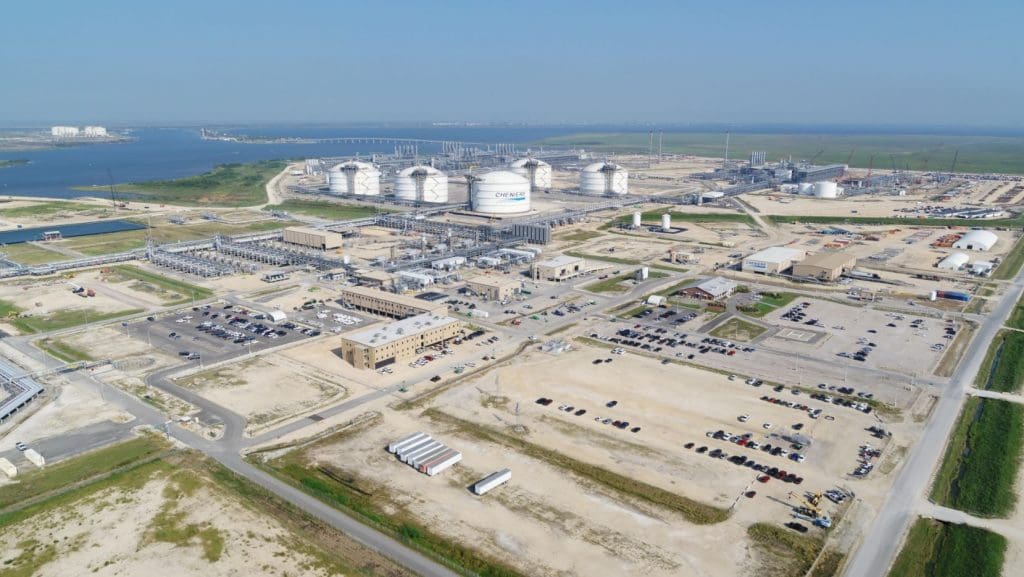

“You went in with a white shirt and came out with a black shirt.”Įnvironmental and public interest groups including the Sierra Club pushed Atlantic City Electric to end an agreement that locked rate-payers into what the Sierra Club termed above-market electricity rates, and to end the operation of the two plants. “I worked at a coal plant in India there were no scrubbers,” he said, referring to emissions-control equipment. Saxena said he has a long history with power generation and environmental concerns. Friday, an emergency siren sounded, indicating the imminent detonation of explosives placed strategically at the base of the plant's smokestack and in a larger nearby building.Ī series of loud blasts rang out, and concussive waves of pressure radiated from the site as the structures began to crumble into a heap of smoke and dust. The plant, on the banks of the Delaware River in the Philadelphia suburbs of southern New Jersey, began operating in 1994. You have to build battery storage products.” “We need systems where you can store the energy. “Wind doesn't always blow solar doesn't always shine,” he said. The closures are part of the latest wave of coal-burning units to be retired as states try to fight climate change by requiring more carbon-free sources of electricity.

“This is the end of coal in this state,” Saxena said. They were the last two coal-fired power plants operating in the state until they closed three months ago, and both will host battery storage projects, said Himanshu Saxena, CEO of Starwood, a Greenwich, Connecticut, private equity investment firm specializing in energy infrastructure projects. NJ takes big step in push for offshore wind


 0 kommentar(er)
0 kommentar(er)
